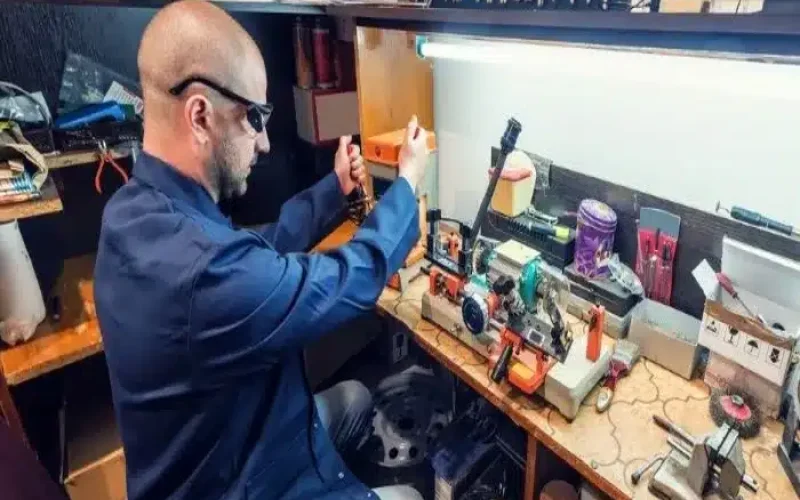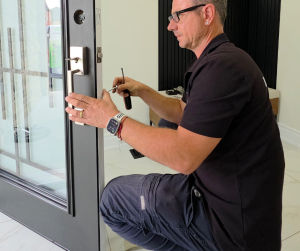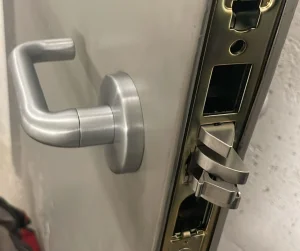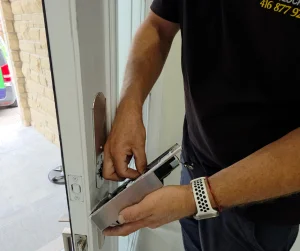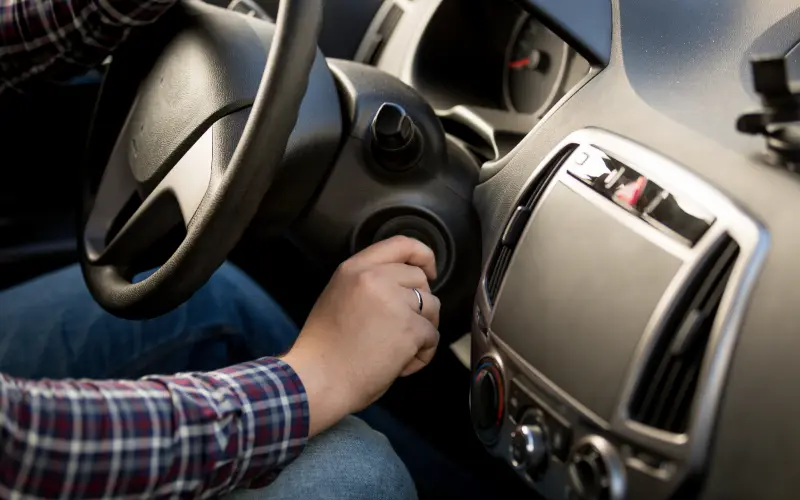Renting out a property isn’t just about collecting checks. It’s about risk, responsibility, and decisions that come back to you when you least expect them. One of the simplest – yet weirdly overlooked – details is the lock on your door. Whether you own a condo downtown or a few basement units across the city, choosing the right lock is more than just security. It affects turnover, tenant comfort, emergency response, and even your insurance. So let’s look at this realistically, not from a salesy angle, but from lived experience. What works, what causes stress later, and what’s easy to overlook until it costs you?
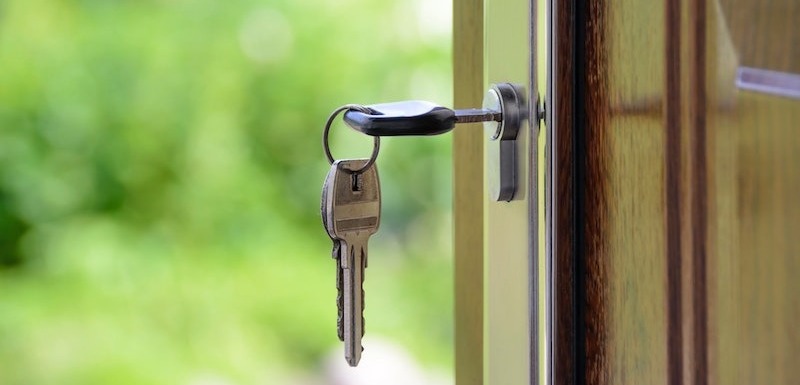
What Kind of Rental Are You Managing?
This matters more than people think. A vacation property near the lake? You’ll need totally different access control than a downtown studio with a long-term tenant. Start with these questions: is it high-turnover? Do you live nearby? Do tenants have roommates or sublet often? That last one, by the way, happens a lot more than people admit.
If you’re dealing with old doors – wood that swells in summer, aluminum frames from the 90s – you’re not just choosing a lock, you’re working with a weak foundation. You might need door frame repair before any modern lock even fits right. For older steel or sliding entrances, aluminum door repair can stop small issues from becoming expensive.
For newer properties or high-end rentals, people expect more than a metal key. Smart door lock installation has become a default, not an upgrade. If tenants can unlock their phone with a face scan, they’re probably not thrilled about a rusty key. I’ve seen some landlords try to mix both – physical keys for backup, digital access for ease – and honestly, that seems to work.
How Often Do You Expect Turnover?
If you manage student housing, job-transition units, or anything with short leases, turnover will exhaust you. Trust me, even if you’re organized. In those cases, focus on locks that support quick and cheap lock rekey. You don’t want to replace hardware every time someone moves. That’s wasteful and expensive.
Some lock systems let you rekey with a tool in under five minutes. No need to pull the cylinder or deal with pins. And if you own multiple units, consider a master key system. It gives you full access without giving tenants keys that open other units. Think about this now – not after you’ve run across town with the wrong key during a tenant emergency.
Balancing Tenant Convenience and Liability
This is a tension point. Tenants want to feel secure, and they also want something simple. If your lock system is too confusing or high-friction, you’ll get complaints. But if it’s too basic, you risk theft or, worse, blame.
I’ve seen more landlords than I can count regret using cheap locks after a break-in. Some even get calls from lawyers. So at a minimum, avoid hardware-store brands unless they’re certified. For areas with high traffic or break-in risk, go with high security locks. These resist bumping, drilling, and picking. Tenants won’t always notice what you used, but if something happens, they’ll definitely ask why you didn’t use something better.
In shared entry buildings or duplexes with common doors, think about commercial locksmith solutions. This can include basic access control systems – nothing wild, just code-based panels that reset after move-out. Tenants appreciate when entry feels modern and fair. And you’ll save yourself hours of “Can you let me in?” texts.
What About Late-Night Lockouts?
It’ll happen. Someone will lose a key, lock themselves out, or worse, break a key inside the lock. And you’ll get that call at 11:46 PM. The best time to prepare is now.
Establish a go-to contact with a local emergency locksmith service. Add them to your lease packet or onboarding info. Some landlords even let tenants call the locksmith directly and deduct the fee from their deposit, with clear rules. That way, you’re not waking up, and the tenant still gets help quickly.
And please… whatever lock you install, make sure it has a backup method. If it’s digital, have a manual key. If it’s a double-cylinder deadbolt, make sure there’s a key inside the unit too. Emergencies rarely give you time to think clearly.
Is It Legal and Covered by Insurance?
In some provinces or states, you’re required to change locks between tenants. In others, you’re just advised to. If your insurer finds out you gave new tenants keys that an ex-tenant might still have, and a break-in happens… you could lose coverage. It’s not worth the gamble.
Also, tenants have the right to working locks. Sounds obvious, but you’d be surprised how many rental units have deadbolts that don’t line up, knobs that jiggle, or missing strike plates. These things lead to claims, complaints, and liability you could’ve avoided with a small investment.
The Little Things That Get Overlooked
- Mailboxes – If your units have separate mail keys, make sure you’re doing a mailbox lock change when tenants switch. It’s a small but real privacy issue.
- Garage access – A lot of detached units or laneway homes use basic garage knobs. Consider a secure side-entry deadbolt or even car ignition repair-style mechanisms for units that include parking.
- Storage sheds – Tenants storing bikes or tools? Install actual locks. A storage lockout incident becomes a theft risk fast.
And don’t forget door alignment. Even the best lock fails if the door doesn’t shut flush. I’ve seen more than one unit with a great lock… and a door that pops open with a kick. It’s worth calling for door alignment or inspection now, before that becomes an issue.
So What Should You Buy?
Here’s a loose guide:
- For long-term, stable tenants: solid deadbolts, digital pads with manual backup.
- For short-term or fast turnover: quick rekey systems, access codes that reset easily.
- For multi-units: master key structure or shared access control points.
If budget allows, aim for ANSI Grade 1 hardware. Grade 2 works in most cases. Avoid Grade 3 unless it’s for a closet. And check compatibility with your door material – hollow-core vs. steel makes a difference. If in doubt, a local lock replacement service can match the product with your setup. It doesn’t cost much, and it saves frustration later.
Final Thoughts
Locks seem simple – until they’re not. As a landlord, they’re one of those things you don’t think about until they break, or someone complains. But when you choose the right one up front, you avoid so many headaches. No angry texts. No weird legal questions. No drama when someone moves out and you don’t know who else has keys.
You don’t need the fanciest hardware or to spend a fortune. You just need something dependable, something you can manage, and something that respects both your property and the people living in it. And that, I think, is the balance you’re always chasing with rentals.


